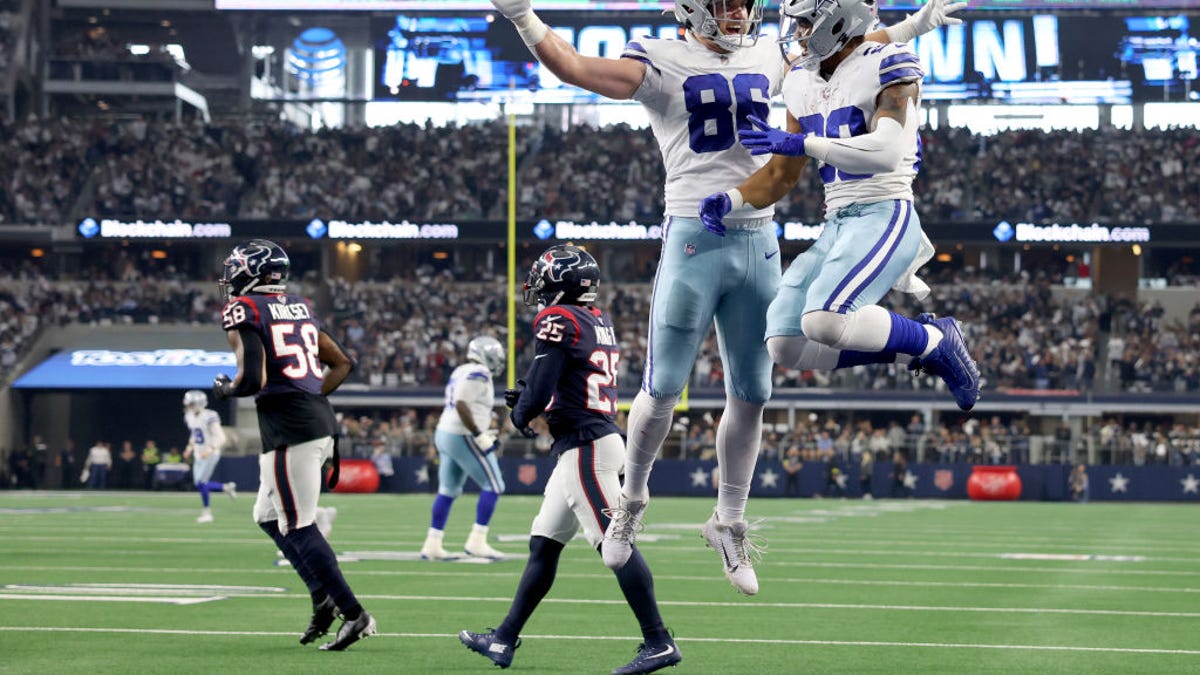The 10 wealthiest sports franchise owners in America

Despite underperforming while on the field, the Dallas Cowboys continue to keep their owner Jerry Jones a very wealthy man.
When Jones purchased the Texas football team in 1989 for $150 million, it was a financial gamble. Decades later that gamble has paid off: by 2024 the Cowboys had made Jones a billionaire and become the first NFL team ever valued at more than $10 billion, according to sports business outlet Sportico.
Despite the record-setting sum, Jones is unlikely to take any offers from potential buyers in the near future.
“If I had to sell the team tomorrow I wouldn’t accept anything less than $10 billion,” Jones said in 2018. “But I don’t want to imply that I would take $10 billion for them. The Cowboys are just not for sale. They’re a long-term asset and my immediate family – which has been part of making them what they are today – they’ll own the Cowboys long after I’m gone.”
By choosing to hold onto the Cowboys, despite an ever-increasing sticker price, Jones seems to have made a highly prescient decision. Sports teams have seen a dramatic increase in valuation in the last three decades – something experts have attributed to several factors, particularly the increasing value of media rights packages.
“The idea that [pro sports] is a money-losing proposition was still right there in people’s minds as late as the 1990s,” Victor Matheson, economics professor at College of the Holy Cross, told The Ringer in 2022. “‘How do you become a millionaire? Start out a multimillionaire and buy a sports team.’”
The average value of an NFL team increased from $175 million in 1996 to $3.48 billion in 2021; the value of an NBA team went from $127 million to $2.48 billion; MLB teams increased from $115 million to $191 billion. Even the NHL, which is perpetually the least-popular of the four major sports leagues, saw the average value of its teams grow by 1,112% between 1996 and 2021, according to Sportico.
In 2024, investing in sports is both frequently a reliable way to earn money and the ultimate status symbol for some of the wealthiest people in the world. Most experts seem to agree that the high-value of professional sports teams will not decline in the near future.
“Every time I’ve thought we’ve hit a ceiling, I’ve been wrong,” Michael Leeds, professor at Temple University and coauthor of Economics of Sports, told The Ringer.
“As long as there is some oligarch somewhere, you’re going to see people with the money and the wherewithal to buy these teams.”
Continue reading to learn more about the 10 wealthiest American sports franchise owners.
Related
Sports Medicine Report: Sporting heads east to take on D.C.…
Sports Medicine Report is SportingKC.com’s look at the latest health update around the team ahead of upcoming matches and is pre
😔 João Palhinha’s Bayern Munich nightmare continues
João Palhinha's 2024/25 season has been marred by injury and the Portuguese midfielder had another setback against Bochum.Palhinha was sent off in the 43rd min
Which baseball player could excel at another sport? MLB player…
MLB.com and its beat writers surveyed over 100 players asking them which MLB player would excel at another sport and two Cincinnati Reds players ranked in the T
Raiders had no interest in Aaron Rodgers
When tracking down the details of the Raiders’ latest contract with Maxx Crosby on Thursday, I had a question for our sou











